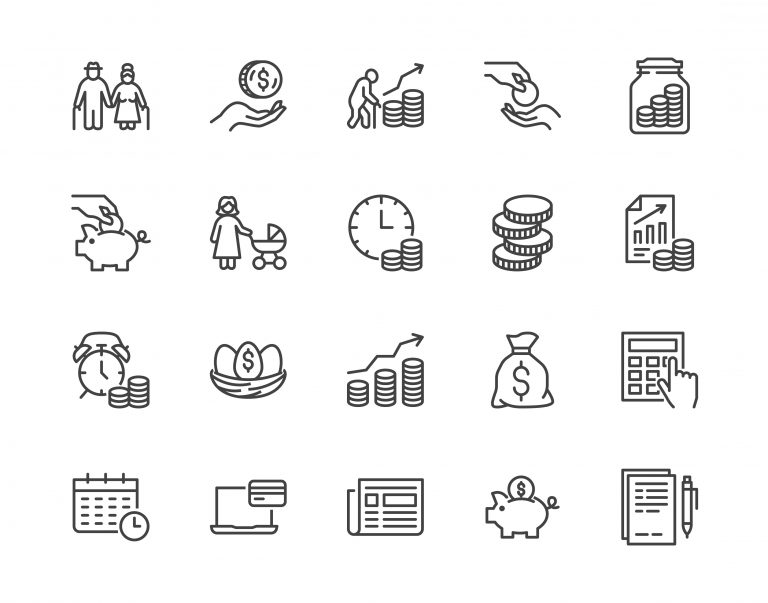Managing your Money
Managing your Money
Money really does make the world go round, as the old saying goes. Money is important to all of us, from getting your first job and deciding whether to save or spend your first pay cheque; buying your first car or saving to go on a holiday; budgeting for TAFE or university; starting a family and deciding to save to buy a house – all of these important milestones in life revolve around money. Additionally, many challenges we might face throughout our lives also relate to money; not having consistent work or periods of unemployment; the raising costs of everyday living and housing affordability; unexpected car repairs or home maintenance; having family or children reliant on you to support them financially. There are loads of resources out there to help you make wise money decision, stick to a budget and achieve your financial goals.
MoneySmart
MoneySmart is an Australian Government website, by the Australian Securities and Investments Commission, that helps Australians take control of their money with free tools, tips and guidance. Moneysmart provides resources, information and advice about:
Budgeting
Having a budget helps you see where your money is going. You can put aside money for bills and expenses and plan for savings. There a many different ways to record a budget, writing it down, recording it digitally or using a specific budgeting app. The steps to setting up a budget are simple:
- Record your income, how much money you have coming in and when.
- Add up your expenses and when they might occur. Some expenses are reoccurring and generally a fixed amount, like the rent, food, car loan or phone bill. Other expenses might be unexpected, like car repairs, pet costs or family expenses. Use your bills, invoices and bank statements or transactions to track all of your expenses.
- Set a spending limit after paying for your essential expenses and savings. This is for any extras, like going out, hobbies, non-essential clothing or personal goods.
- Set your financial goals so you know what to save towards.
- Review and adjust your budget regularly to keep on track.
Superannuation
Superannuation, also called Super, is a way of saving for retirement. Your employer must pay a percentage of your earnings into your super account, this is known as the “compulsory super guarantee” and is currently set at 10.5% of your earnings – this is the law and employers must contribute to your super. Your super fund invests the money until you retire. There are lots of different super funds out there, and different types of accounts. You might choose your preferred Super Fund or your employer might have a preferred fund that they use, however you can complete a form to change and nominate your chosen fund. Generally, you cannot access superannuation until you reach retirement age, currently 65 years old. However, in some very special circumstances you can apply for early access to a portion of your super. When you change jobs, your new employer may open a different super account on your behalf – it is important to keep track of this and you can combine multiple accounts into one. The Australia Tax Office (ATO) can help you track lost super, combine accounts and apply for early access.
Paying Tax
The Australian Taxation Office (ATO) collects taxes for the Australian Government. The taxes we all pay fund community services such as:
- health care
- education
- emergency services
- roads and train lines
- the Australian Defence Force
- welfare and disaster relief.
Having the services we all value depends on everyone paying the right amount of tax. When you have a job you have to pay tax on your earnings and your employer will automatically take this amount and pay the ATO. Each year that you are employed you need to ledge a tax return to tell the government about your earnings and claim back certain approved work expenses.
Bank Accounts
To open a bank account in Australia you generally need to provide documents that add up to 100 points of identification, such as a birth certificate, drivers licence, Medicare card, government issued ID card, health care card or an official document with your name and address (phone bill for example). There are many different banks available and you can usually apply in person at the branch or online. It is important to do your research and understand what type of account you are opening and if there are fees on the account. These fees might be a one off opening fee or reoccurring monthly account keeping fees – you might also have to pay fees when using your bankcard for certain payments or if you miss a payment. These are all things to be aware of and make a good choice for your situation. All banks now offer online and phone access to your bank account, which makes tracking your money easy to do at the touch of a button without having to visit the bank in person or wait for a paper statement to come in the mail.
Insurance
An insurance policy is a written contract between the policyholder (the person or
company that gets the policy) and the insurer (the insurance company). Insurance is a way to manage risk if something goes wrong. There are many types of insurance in Australia, for example: car, home, contents (your furniture and personal belongings, life, health, travel, pet workplace, business or financial. Depending on the type of coverage you are choosing and the purpose of the insurance will determine how much the fee is. No matter what the insurance is for, it is important that you read the product disclosure statement (PDS), so you understand what is covered, what is excluded and how much you have to pay.
Paying Fines (Vehicle Related)
If you receive a fine or infringement related to driving it is important to pay it by the due date, there are serious consequences for unpaid fines which can lead to driver’s licence suspension, vehicle immobilisation, vehicle licence cancellation, seizure and sale of your property or even jail. There are many different options to pay; upfront in full by phone, credit or debit card, BPAY, online, in person or direct debit – if you cannot afford to pay in full you can apply for a ‘time to pay arrangement’ to pay in small regular instalments. If you are receiving Centrelink, you can apply for Centrepay to deduct small amounts from your fortnightly payment.
Financial Domestic Violence
If you experience domestic violence in a relationship and need financial support, there are a number of avenues you can seek assistance. Your bank may offer small one-off domestic violence payments, you can access support through Services Australia (Centrelink) and you can contact an organisation who offers the Escaping Violence Payment (EVP) Program payment. Information about support services and helplines are available through White Ribbon.

